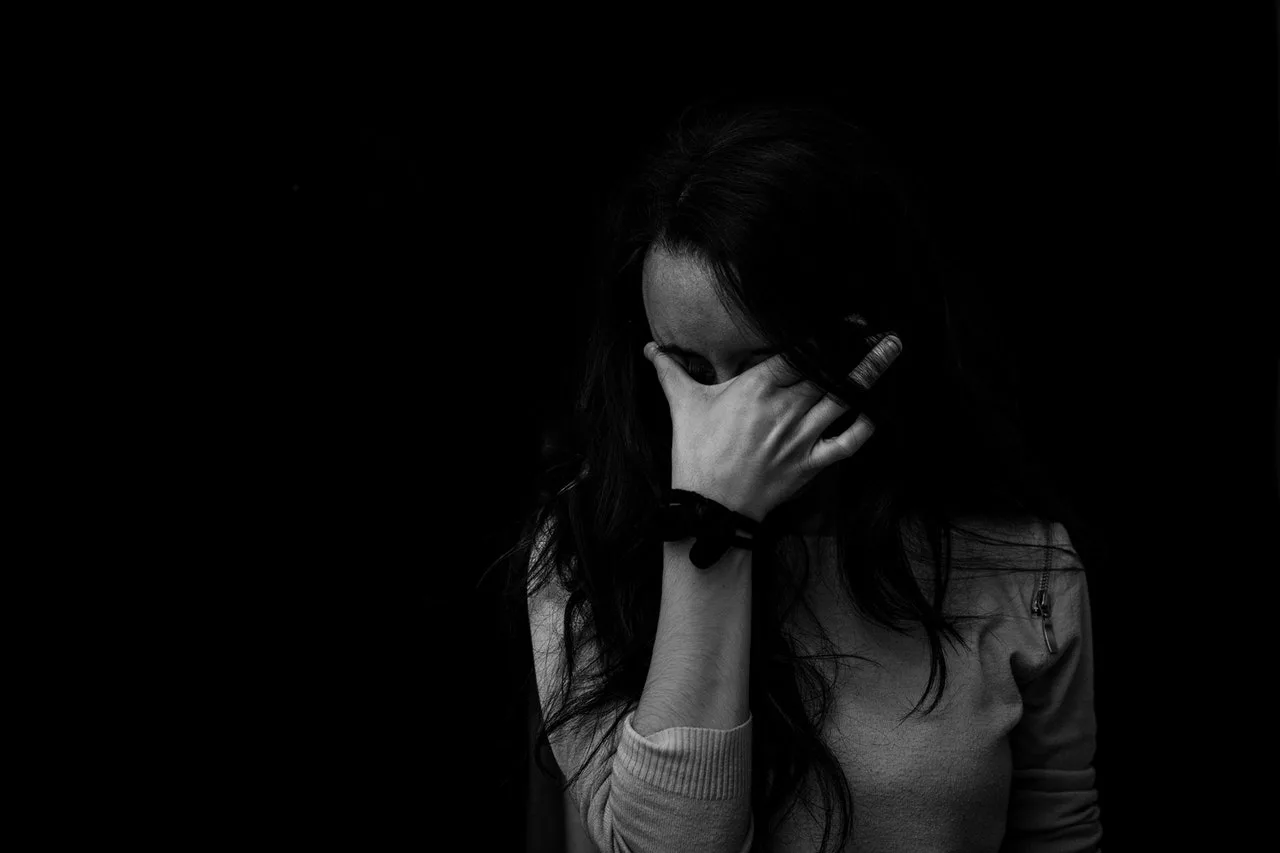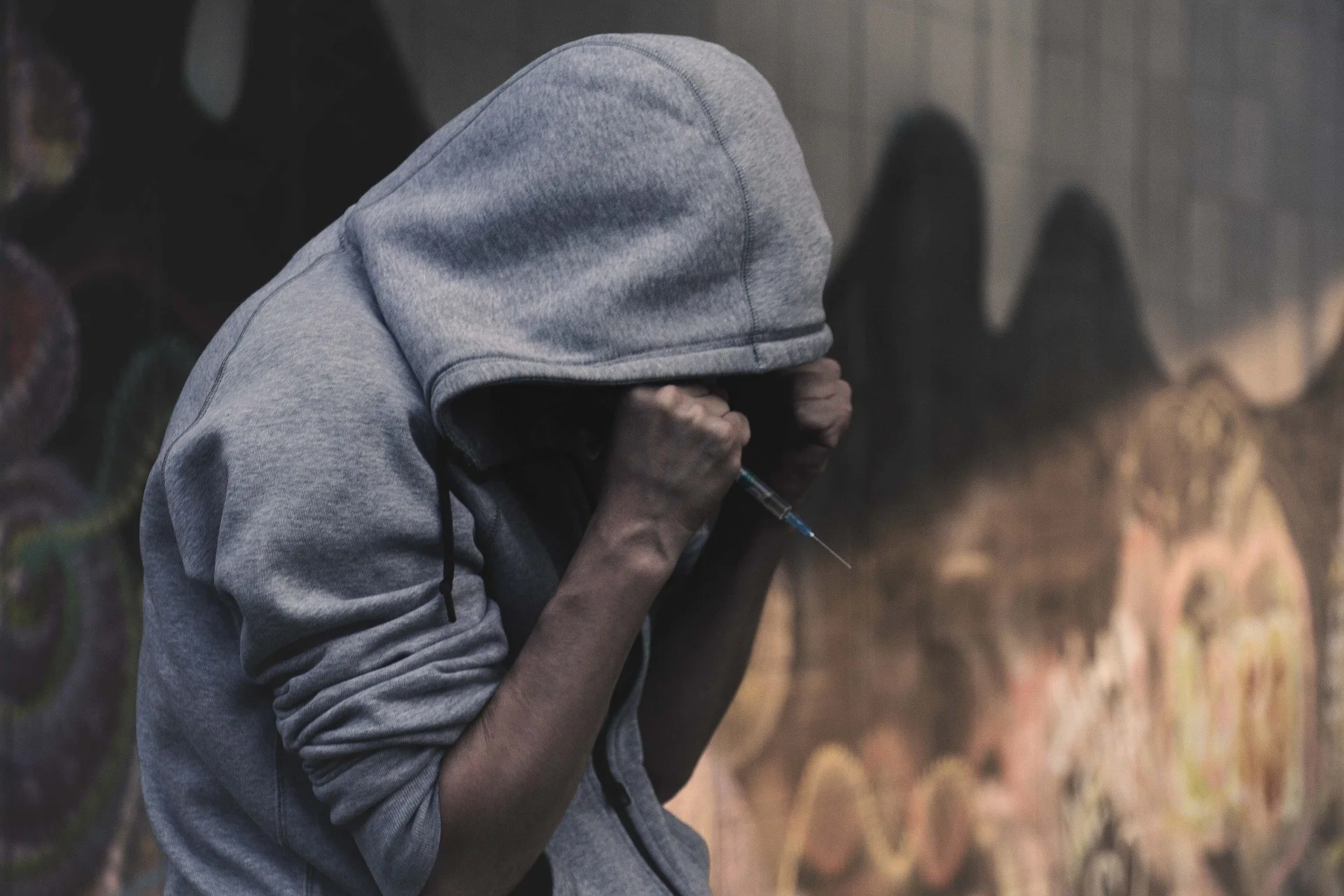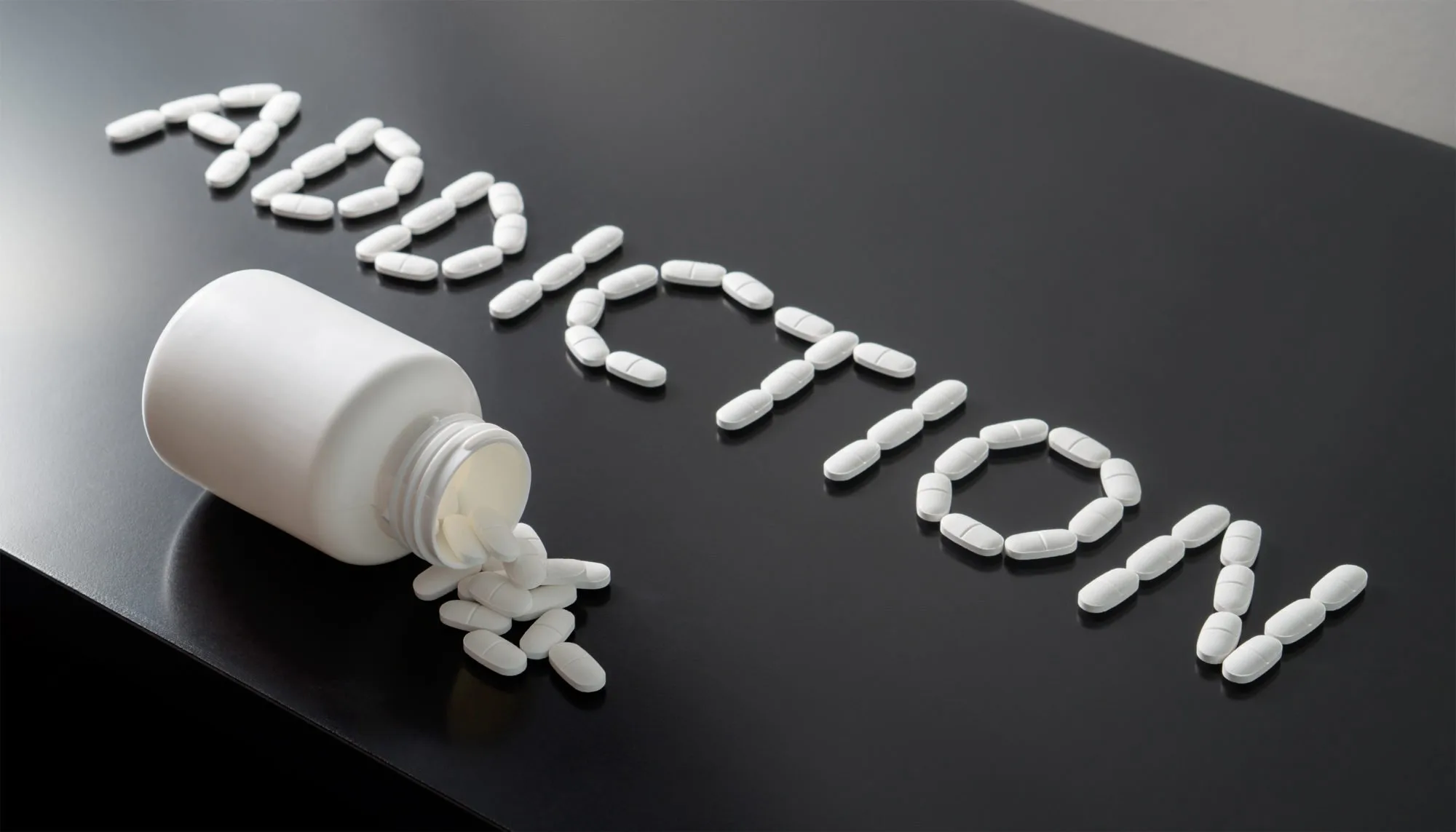October is Mental Health Awareness Month. Its aim is to educate the public about mental health and reduce the stigma attached to mental illness. An estimated 400 million people worldwide suffer from mental or neurological disorders or from psychosocial problems (1).
Mental Illness is classified by a combination of abnormal thoughts, emotions, behaviour, and relationships with others (2). Examples are schizophrenia, depression, intellectual disabilities, and disorders due to substance abuse. “Most of these disorders can be successfully treated, and mental illness is more common than we think, it can affect anyone at any time, and is treatable,” states Sally Baker, social worker and member of The South African Association of Social Workers in Private Practice (SAASWIPP).
Often an ideal treatment plan involves a broad range of strategies that can include a combination of treatments and help from a variety of professionals and importantly, change for the person struggling. Says Baker: “As a social worker I am able to assist people identify the problem and challenges and help with a treatment plan. This could be as simple as introducing exercise, healthier eating habits, and kinder, healthier, self-talk for some people. Identifying and coping with emotions, trauma therapy, grief counselling, increasing effective family, and community support are also beneficial for people struggling with a mental illness.”
Are there specific psychosocial issues that South Africans, in particular, appear to suffer from?
In South Africa, we have high rates of poverty, hunger, and unemployment (even higher with Covid-19). There are many single mother and child-headed families. We have migrant labourers from neighbouring countries and rural areas that are in urban areas without their families.
“As a society, I don’t think we are sensitive to emotions, grief, or trauma,” notes Baker. “Generally, I think we are an emotionally illiterate society that struggles to understand and express emotions in a healthy way. As a result, we struggle to support others in their emotions.”
Why is there still a stigma?

Photo by Juan Pablo Serrano Arenas from Pexels
I think it is mostly due to ignorance, fear, and misinformation. People are afraid of what they do not understand. Education and information are key here for both improving people accessing help early and for family, friends, colleagues, employers, and society being able to support effectively.
This can improve outcomes for everyone and our whole society will benefit. As a society, I don’t think we are sensitive to emotions, grief, or trauma. Generally, I think we are an emotionally illiterate society that struggles to understand and express emotions in a healthy way. As a result, we struggle to support others in their emotions. We would all agree that road rage is not a healthy expression of anger or frustration.
People say things like “get over it”, “have positive thoughts”, “just deal with it”. These are unhelpful and insensitive comments and they alienate the person suffering even further. People may also feel that they are not strong and independent enough if they are not managing to cope with their challenges, feelings, thoughts, and behaviours alone. A culture that promotes interdependence, authenticity, and support would be helpful.
Asking for help is not a sign of weakness, it is resourceful. Most people like to help others and by converse, it is okay to ask for and take help.
Are there specific cultures that seem to have more of a negative perception of mental illness than others?
I would generally say that I don’t know of any cultures that are great at understanding or supporting mental health. There are areas where there is more understanding of certain aspects of mental health like depression and anxiety but there is room for improvement. I think that normal processes like death and grief have little space and understanding in our society and this causes problems that accumulate and escalate into mental illness for the individual.
In my experience and opinion, untreated (and often undiagnosed) trauma is often underpinning mental and physical health challenges.
We have also come a long way in destigmatizing HIV and AIDS. Conversations like this help to increase the conversation and understanding around mental illness and thereby reduce the stigmas.
It is also helpful when people share their experiences of overcoming and managing mental health challenges. Their journey to health and a better life can inspire others to search for, do, and take the help they need to get well. If people understand that treatment (medicine, therapy, and intervention) exists and is effective, it can help people to access help too.
Conversations around mental health are not just about dialogue. It has proven to be helpful when people share their experiences of overcoming and managing mental health challenges. Says Baker: “Their journey to health and a better life can inspire others to search for, do and take the help they need to get well. If people understand that treatment like medicine, therapy, and intervention exists and is effective, it can help people to access help too.”
Addiction is a mental illness
With the ban on the sale of cigarettes and alcohol, the full-frontal societal rebuttal was telling.
According to Sharon Rosen, a member of SAASWIPP and a social worker with a Psychology Masters (Research) (Rau): “The ban is unlikely to have created addicts. Many abusers who were unable to get their drugs of choice over that period were lucky enough to give up. Addicts would more likely have found other ways to get their fix. Either by cross-addiction to substances that were available or by going to the black market. There were addicts/alcoholics who went into withdrawals and either died or got very ill by not getting what their bodies had become addicted to. The backlash may indicate that more people are addicted than we think, but it also means that many people abuse substances.”
According to Rosen: “Many people use the term “addicted to” very loosely. Merely a craving for something. But it is that and so much more. It is an imbalance that occurs in the brain chemistry that results in obsessions and cravings that need to be fulfilled no matter what the consequences.”
The stigma surrounding addiction
People need to understand that the addict is not a bad person. They behave badly, but usually only in the context of getting their drug of choice. Most addicts are the most amazingly sensitive and creative people who just have more of a difficult time coping with everyday events.
How can families help their loved ones who are addicts?
Families should keep in mind that addicts will always try to manipulate them in order to feed their addiction. This should not be interpreted as the addict being a bad person.
They are no longer capable of controlling their behaviour in active addiction and their only thought is to feed the addiction. If people get hurt along the way (and there is generally a lot of fallout) that is just collateral damage. They don’t mean to hurt their families but it happens. Families should try to understand this and not take it personally.
Families should practice supportive but not enabling or punitive behaviour. A parent supervising (supportive behaviour) antabuse or drug tests for their addict child. This can be performed punitively. Try humiliating him by doing or talking about the tests in front of others, or using punitive tones. If the test is positive and the addict tries to talk his way out of it, the parent could believe him (enabling) or not get into a personal persuasive discussion and rather stick to what it says in the contract. That is a positive test result in a particular consequence.
It is vital for the addict and family to draw up the contract together. Once done, get the addict’s agreement to the various consequences. All family members can get support and education through tough love groups and Al-anon groups. They can also start their own therapy to understand enabling and co-dependency. Remember, addiction is a family disease, whereby all family members influence and are influenced by the addiction.
What is the most important message that you could give someone who is an addict?
That the addict is not a bad person but is just behaving badly in order to feed their addiction. There is help and understanding out there. Although it sometimes feels like they don’t have a choice, ultimately they always have the choice to ask for help. This is the first and most important step in recovery.

Image by Лечение Наркомании from Pixabay
Important Contact Information
If anyone shows signs of mental illness or needs help, the South African Depression and Anxiety Group (SADAG) is Africa’s largest mental health support and advocacy group and is committed to quality counselling, outreach, and capacity building work throughout South Africa. SADAG is also able to connect people to further resources.
Additionally, someone who thinks they may be addicted and would like to ask for help can contact SANCA, a non-profit organisation focused on the prevention, treatment and aftercare of substance abuse and addictions.
Who Are The Authors?
 Sally Baker
Sally Baker
Sally Baker is a registered social worker with a private practice that focusses on trauma and
specializes in the perinatal phase. She is a childbirth educator, counsellor, mentor, trainer, and
facilitator. Her past work as a doula adds value and authenticity to her current practice. Sally
specialises in helping people through life transitions through a range of services that encompass
education, facilitated workshops, therapeutic counselling, and group interventions related to fertility,
pregnancy, birth, parenting, trauma and loss. Her services extend to professionals and private
individuals.
Sally has shared her knowledge and experience at various symposiums and has been featured as a guest speaker on several radio and television programmes.
Sharon Rosen
Sharon Rosen graduated as a social worker in 1991, as a masters research psychologist in
1993 and as a psychometrist in 1997. She has been a member of SAASWIPP (South African Association of Social Workers in Private Practice) since the early 90’s and a member of SASHA (South African Sexual Health Association) and My Sexual Health since 2014. Rosen has been working in private practice since 1997, specialising in anything to do with addiction – co-dependency, sex, gambling, food and substances.
Her passion is working with sex addicts. Her work involves a lot of inner child work, looking at early sexual and other abuse. She departs from a strong systemic, narrative and psychodynamic orientation.
Rosen worked from 2004 to 2010 in the dual diagnostic ward at Crescent Clinic. She has worked in various corporate organisations, ranging from EAP clinics at Anglo American and MTN to being an affiliate with ICAS for over a decade. Rosen has extensive experience in working with individuals, couples and families as well as group work. She has been running a process group for sex addicts since 2010 and
every now and again runs groups for partners of sex addicts and eating disorder groups. She has supervised and lectured to social work and psychology students through UNISA and UJ as well as supervised private social workers. Sharon also does addiction talks and training.





 Sally Baker
Sally Baker

![women [longevity live]](https://longevitylive.com/wp-content/uploads/2020/01/photo-of-women-walking-down-the-street-1116984-100x100.jpg)










When it comes to the social reality of (at least for the foreseeable future) the prevalence of mental illness I’m often left frustrated by the contradictory proclamations and conduct coming from one of the seven pillars of our supposedly enlightened culture—the media, or more specifically that of entertainment and news.
First they’ll state the obvious, that society must open up its collective minds and common dialogue when it comes to far more progressively addressing the real challenge of more fruitfully treating and preventing such illness. After all, its social ramifications exist all around us; indeed, it’s suffered by people of whom we are aware and familiar, and/or even more so to whom so many of us are related to some degree or another.
Perhaps needless to say, the above-mentioned most commonly occurs when a greatly endeared celebrity passes away or dies an untimely death. This fact was in particular exemplified immediately following the many predictable platitudinous sound bites and mini-memorial commentaries from the late actor/comedian Robin Williams’ contemporaries as well as in many newspaper letters and editorials following his tragic suicide.
I’ve grown rather weary of such effectively-go-nowhere yet nonetheless bold suggestions (however sincerely charitable they may be) to tackle the stigma of, to put it one way, losing one’s control over his or her brain chemistry. Upon initially being declared that such destructive illness must be regarded with far more effective effort, it’s usually just a matter of some months before that initial clamour for action gradually settles down to near obscurity, at least until the next mental-health-related tragic news story.